An Essay on the Principle of Population (In 2 Volumes)
Synopsis
Read more
Malthus’s famous An Essay on the Principle of Population was first published in 1798. The book had six editions till 1826 and in each edition Malthus made changes to his original idea. From a pessimist par excellence in 1798, he mellowed into a realist in successive editions. But he continued to argue that population had a tendency to outstrip the supply of food necessary for its survival and that it could be held in check either through positive checks such as famines and war or through preventive checks such as contraception and moral restraint. He was always opposed to contraception but gave his support to moral restraint, which involved, among other things, late marriages, celibacy and voluntary sexual control within wedlock.
Mathur’s theory is based on two assumptions: That food is necessary to the existence of humans; this is a natural law (2) That the passion between man and woman is natural; this is a biological law. Malthus noted an incompatibility between the physical law and the biological law and argued that in the absence of checks to population growth, population would always have a tendency to grow faster than the supply of food necessary for its subsistence. He went on to say that population, when its growth is unchecked, increases in a geometrical progression such as 1, 2, 4, 8, 16, 32 and so on in each successive generation. The food supply, on the other hand increases, according to Malthus, in arithmetic progression, i.e. 1, 2, 3, 4, 5 etc.
Modern demographers find Malthusian view of power of population highly pessimistic. However the facts that the world population is increasing at a fast rate notwithstanding various family planning measures, and world food security is under serious threat bear testimony that Malthus’s ideas are holding true even today.
The essay is a great classic that firmly established Malthus as a social scientist. The extraordinary quality of this book is that it is of great relevance to any society because the growth of population vs. the means to sustain them will always remain an issue. Moreover, migrations of population, etc. are important issues worldwide even today
The book has been brought out to help the students, teachers and researchers of economics and sociology, in their study and research. A comprehensive introduction has been given to highlight various pertinent issues on the subject. It will immensely benefit policymakers and demographers. To those who are interested in knowing about population and its features, the book will provide for a richly rewarding and stimulating reading.
84.60
76.14
$
94.00 $
Free delivery Wolrdwidе in 10-18 days
Ships in 1-2 days from New Delhi
Membership for 1 Year $35.00
Get it now and save 10%
Get it now and save 10%
BECOME A MEMBER
Books by the same author

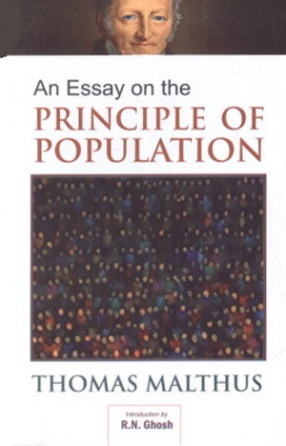
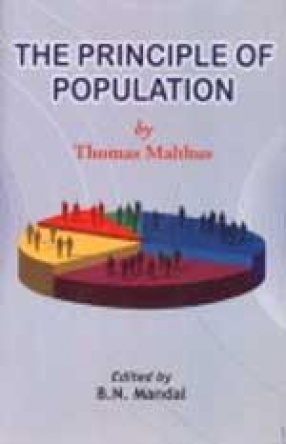
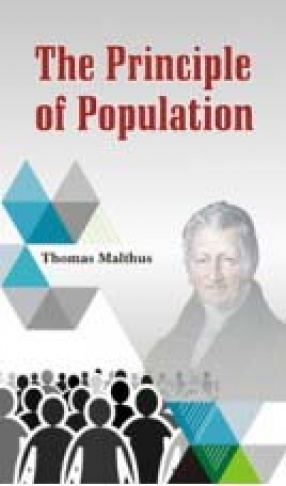

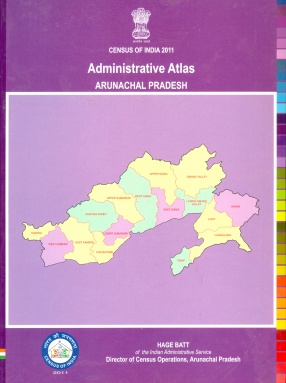
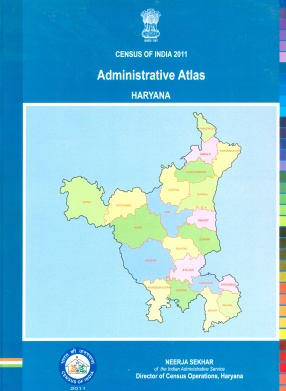
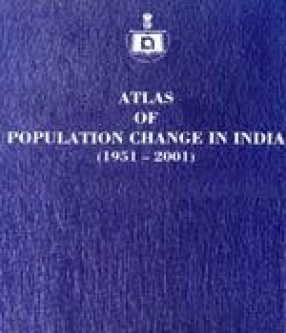

Bibliographic information